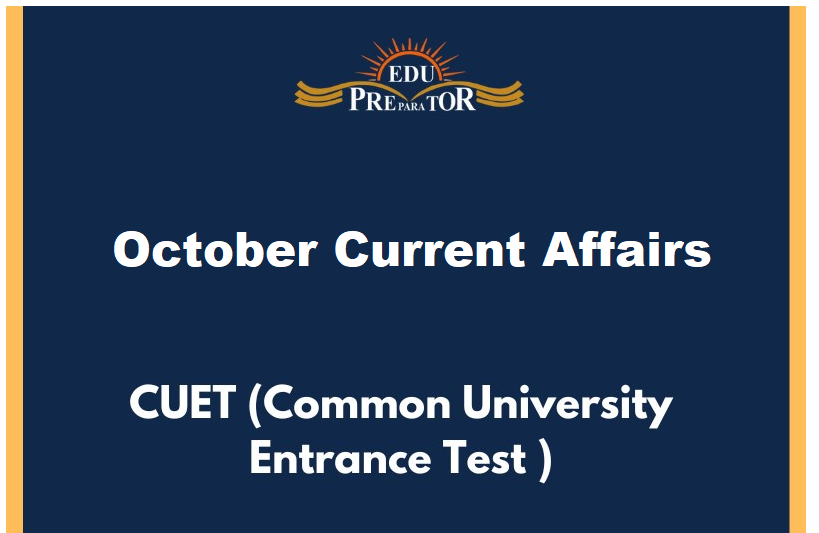
Decline of Academic Freedom in India
Introduction and Context
- The "Free to Think 2024" report by Scholars at Risk (SAR) Academic Freedom Monitoring Project has highlighted a significant drop in academic freedom in India over the past decade.
- Academic freedom is defined as the right to pursue knowledge, conduct research without interference, support the open exchange of ideas, and safeguard academic integrity.
- SAR, a global network of 665 universities, investigates and reports on attacks on higher education with the goal of generating advocacy, raising awareness, and enhancing protection for scholars, students, and academic communities.
Highlights of the Report and its Implications in India
- The report details a considerable decline in India's academic freedom index (AFI) score, falling from 0.6 to 0.2 points between 2013 and 2023.
- According to the AFI, India is now ranked as "completely restricted", the lowest score it's recorded since the mid-1940s.
- Instances of political control, restrictions on
Global Context
- The report also documents 391 attacks on higher education communities in 51 countries worldwide, highlighting a more extensive global issue of threats to academic freedom.
- protests, conflicts between the Central and State governments, and intimidation of scholars were identified as the primary threats to academic freedom in India.
Threats to Academic Freedom in India
- Political control: The report mentions increased attempts to exert political control and instill a majoritarian religious agenda in universities.
- Restrictions on protests: Policies at universities such as JNU and SAU that forbid student protests have undermined student expression and activism.
- Government conflicts: There are ongoing clashes between the Central government and various State governments over the control of higher education, particularly in states like Kerala, Tamil Nadu, West Bengal, and Punjab.
- Intimidation: Incidents of intimidation have resulted in the withdrawal or retraction of critical academic work, promoting self-censorship among researchers.
The Academic Freedom Index (AFI)
- The AFI evaluates academic freedom levels in 179 countries around the world, including India, based on five indicators: Freedom to research and teach; Freedom of academic exchange and dissemination; Institutional autonomy; Campus integrity; Freedom of academic and cultural expression.
- Initiated in 2017 with an expert consultation in Cologne, funded by the Fritz Thyssen Foundation, the first version of AFI was released in 2020.
- AFI uses a scale from 0 (low) to 1 (high) to measure the degree of academic freedom in a country.



Comments
Nam cursus tellus quis magna porta adipiscing. Donec et eros leo, non pellentesque arcu. Curabitur vitae mi enim, at vestibulum magna. Cum sociis natoque penatibus et magnis dis parturient montes, nascetur ridiculus mus. Sed sit amet sem a urna rutrumeger fringilla. Nam vel enim ipsum, et congue ante.
Cursus tellus quis magna porta adipiscin
View All